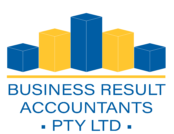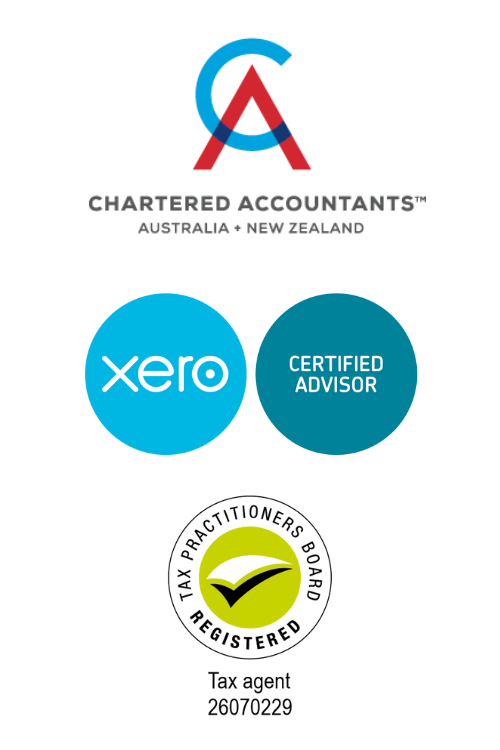
Small businesses with an annual turnover of less than $2 million may qualify for a range of tax concessions. If your business is eligible you can use the concessions that suit you. You may have to satisfy additional conditions and will need to check whether you qualify for the concessions each tax year.
Eligible businesses can use the concessions outlined in the table.
| CGT 15-year asset exemption | If you are 55 or older and retiring and your business has owned an asset for at least 15 years, you won’t pay capital gains tax when you sell the asset. |
| CGT 50% active asset reduction | If you have owned an asset to conduct your business you will only pay tax on 50% of the capital gain when you sell the asset. |
| CGT retirement exemption | There is a CGT exemption on the sale of a business asset (up to a lifetime limit of $500,000). If you are under 55, money from the sale of the asset must be paid into a complying superannuation fund, or retirement savings account. |
| CGT rollover | If you sell a small business asset and buy a replacement, you can rollover your CGT liability to the value of the replacement asset. This means you won’t pay any CGT owing until you sell the replacement asset. |
| Simpler depreciation rules | You can usually pool your assets to make depreciation calculations easier. You can also claim an immediate deduction for most assets that cost less than $6,500. |
| Simpler trading stock rules | If the value of your trading stock has not increased or decreased by more than $5,000 over the year, you can choose whether or not to do an end-of-year stock take. |
| Immediate deduction for certain prepaid business expenses | You can claim an immediate deduction for prepaid business expenses if the payment covers a period of 12 months or less and ends in the following income year. |
| Entrepreneur’s tax offset (ETO) | If your business has less than $75,000 turnover, the entrepreneur’s tax offset might reduce the tax you owe by up to 25%. This has been abolished for the 2012/13 and subsequent income years |
| Accounting for GST on a cash basis | You don’t need to account for GST on a sale you make until you receive payment for the sale. |
| Annual apportionment of GST input tax credits | If you purchase items you use partly for private purposes, you can claim full GST credits for these on your activity statements. You can then make a single adjustment to account for the private use percentage at the end of the year. |
| Paying GST by instalments | You can pay GST by instalments the ATO calculates for you and can vary this amount each quarter if required. |
| FBT car parking exemption | In some cases you may be exempt from FBT for employee car parking. |
| PAYG instalments based on GDP amount | To save you working out how much you need to pay, as of 1 July 2009, a company or superannuation fund that is a small business entity can pay quarterly instalment amounts as calculated by the ATO based on their business and investment income in their most recently assessed tax return. |

